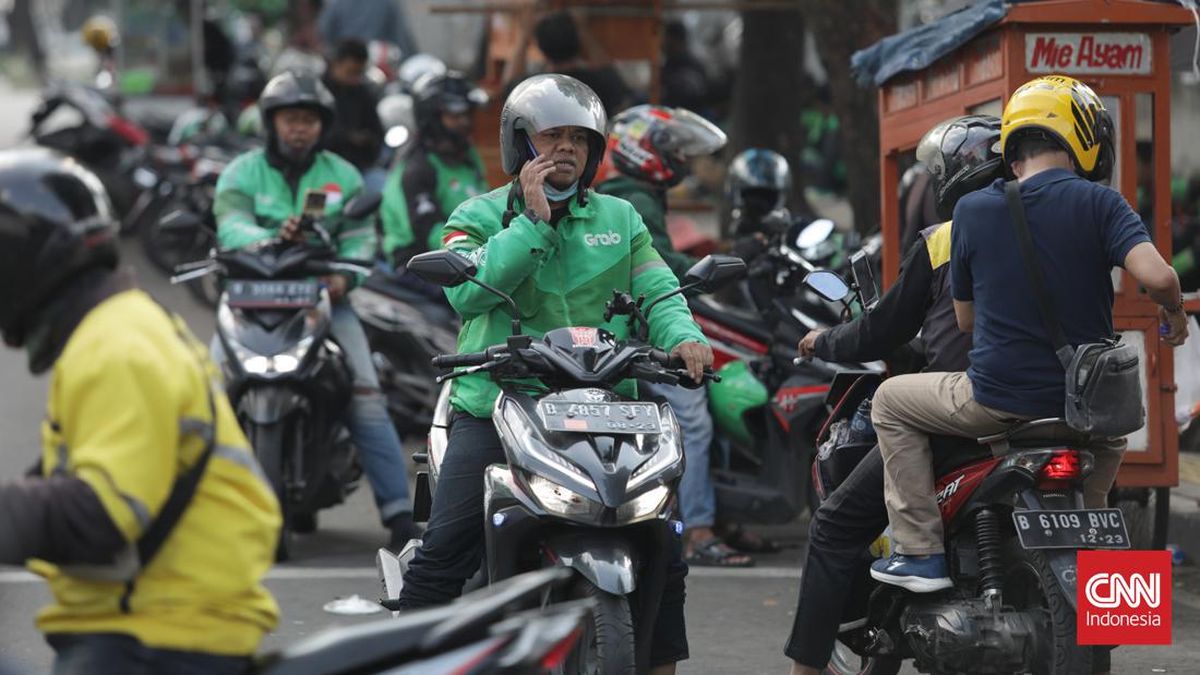A federal judge on Friday issued a ruling "permanently" blocking the Trump administration from deploying National Guard troops to Portland.
In her ruling, U.S. District Court Judge Karin Immergut wrote that "this Court arrives at the necessary conclusion that there was neither 'a rebellion or danger of a rebellion' nor was the President 'unable with the regular forces to execute the laws of the United States' in Oregon when he ordered the federalization and deployment of the National Guard."
The ruling, however, will allow the National Guard troops to remain under federal control for a period of at least 14 days.
"President Trump is using his lawful authority to direct the National Guard to protect federal assets and personnel in Portland following months of violent riots where officers have been assaulted and doxxed by left-wing rioters. The President's lawful actions will make Portland safer," Assistant DHS Secretary Tricia McLaughlin said in a statement.
In late September, President Trump announced he would be deploying federal troops to Portland in response to downtown protests over the administration's immigration crackdown. The Trump administration later placed 200 Oregon National Guard troops under federal control.
The president also attempted to send another 200 California National Guard troops to Oregon, but that move was temporarily halted by Immergut. The president invoked Title 10 of the federal code in his deployment efforts.
The moves prompted a lawsuit from city and state officials in Portland, Oregon and California.
The latest decision comes after Immergut, an appointee of Mr. Trump, issued a 16-page ruling Sunday temporarily barring the Trump administration from deploying the National Guard in Portland following a three-day trial in which she "found no credible evidence" that protests in the city grew out of control.
Immergut had said she would issue a final order on Friday due to the voluminous evidence presented at trial, including more than 750 exhibits.
"After a three-day trial that included the testimony of federal, state, and local law enforcement officials and hundreds of exhibits describing protest activity outside the Portland ICE building, the evidence demonstrates that these deployments, which were objected to by Oregon's governor and not requested by the federal officials in charge of protection of the ICE building, exceeded the President's authority," Immergut wrote Friday.
The Trump administration on Monday appealed the ruling to the 9th U.S. Circuit Court of Appeals.
Immergut issued two orders in early October that blocked the deployment of the troops leading up to the trial. She previously found that Mr. Trump had failed to show that he met the legal requirements for mobilizing the National Guard. She described his assessment of Portland, which Mr. Trump has called "war-ravaged" with "fires all over the place," as "simply untethered to the facts."
One of Immergut's orders was paused Oct. 20 by the 9th Circuit court. But late Tuesday, the appeals court vacated that decision and said it would rehear the matter before an 11-judge panel. Until the larger panel rehears the case, the appeals court's initial order from early October — under which the National Guard is federalized but not deployed — remains in effect.
During the Portland trial, witnesses including local police and federal officials were questioned about the law enforcement response to the nightly protests at the city's ICE building. The demonstrations peaked in June, when Portland police declared one a riot. The demonstrations typically drew a couple dozen people in the weeks leading up to Mr. Trump's National Guard announcement.
This is a developing story and will be updated.


















































